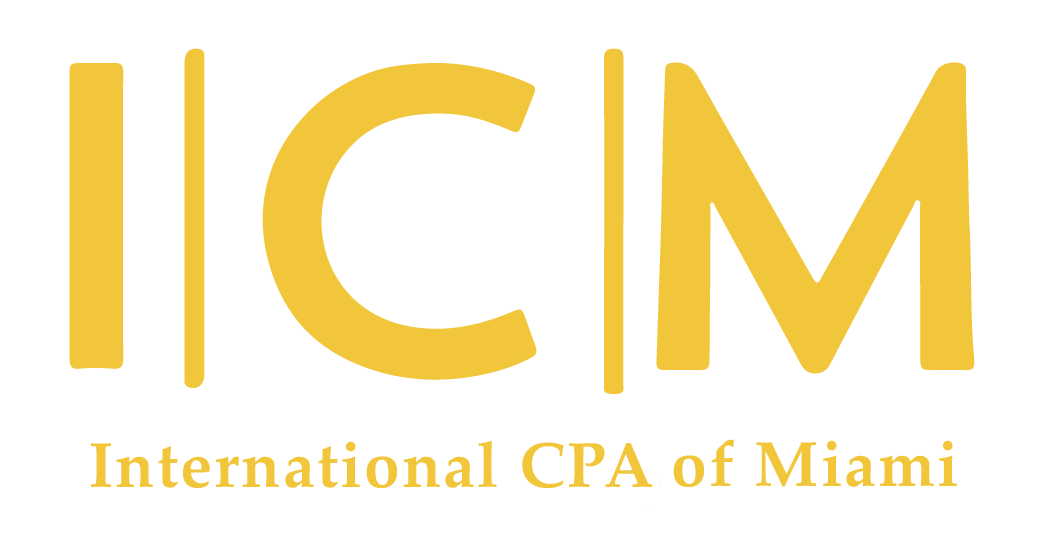Identity Theft Related to Unemployment
Unemployment compensation fraud was one of the more common identity theft schemes that emerged in 2020 as criminals exploited the COVID-19 pandemic and the resulting economic impact.
The U.S. Department of Labor's Inspector General estimated approximately $89 billion in unemployment compensation was lost in 2020 due to fraud.
Electronic options on IRS.gov are available 24/7
The Internal Revenue Service urges taxpayers to continue using electronic options to speed the processing of tax returns, refunds and payments. IRS.gov showcases many task-based tools and features to help people navigate their taxes. All are available 24/7/365.
Avoid delays: Use e-file with direct deposit for faster refunds
Although every year the IRS encourages taxpayers to e-file their returns and use direct deposit to receive refunds, to those taxpayers who have previously not used e-file, the IRS emphasizes using it this year to avoid paper-related processing delays. Taxpayers can file electronically by using a tax professional, IRS Free File or other commercial tax preparation software. The IRS cautioned paper-filed tax returns and paper checks will take even longer this year due to a variety of reasons.
IRS updates FAQs on paid sick leave credit and family leave credit
The Internal Revenue Service posted updated FAQs about recent legislation that extended and amended tax relief to certain small- and mid-sized employers under the Families First Coronavirus Response Act (FFCRA).
IRS offers guidance to taxpayers on identity theft involving unemployment benefits
Scammers also took advantage of the pandemic by filing fraudulent claims for unemployment compensation using stolen personal information of individuals who had not filed claims.
Taxpayers who receive an incorrect Form 1099-G for unemployment benefits they did not receive should contact the issuing state agency to request a revised Form 1099-G showing they did not receive these benefits.





